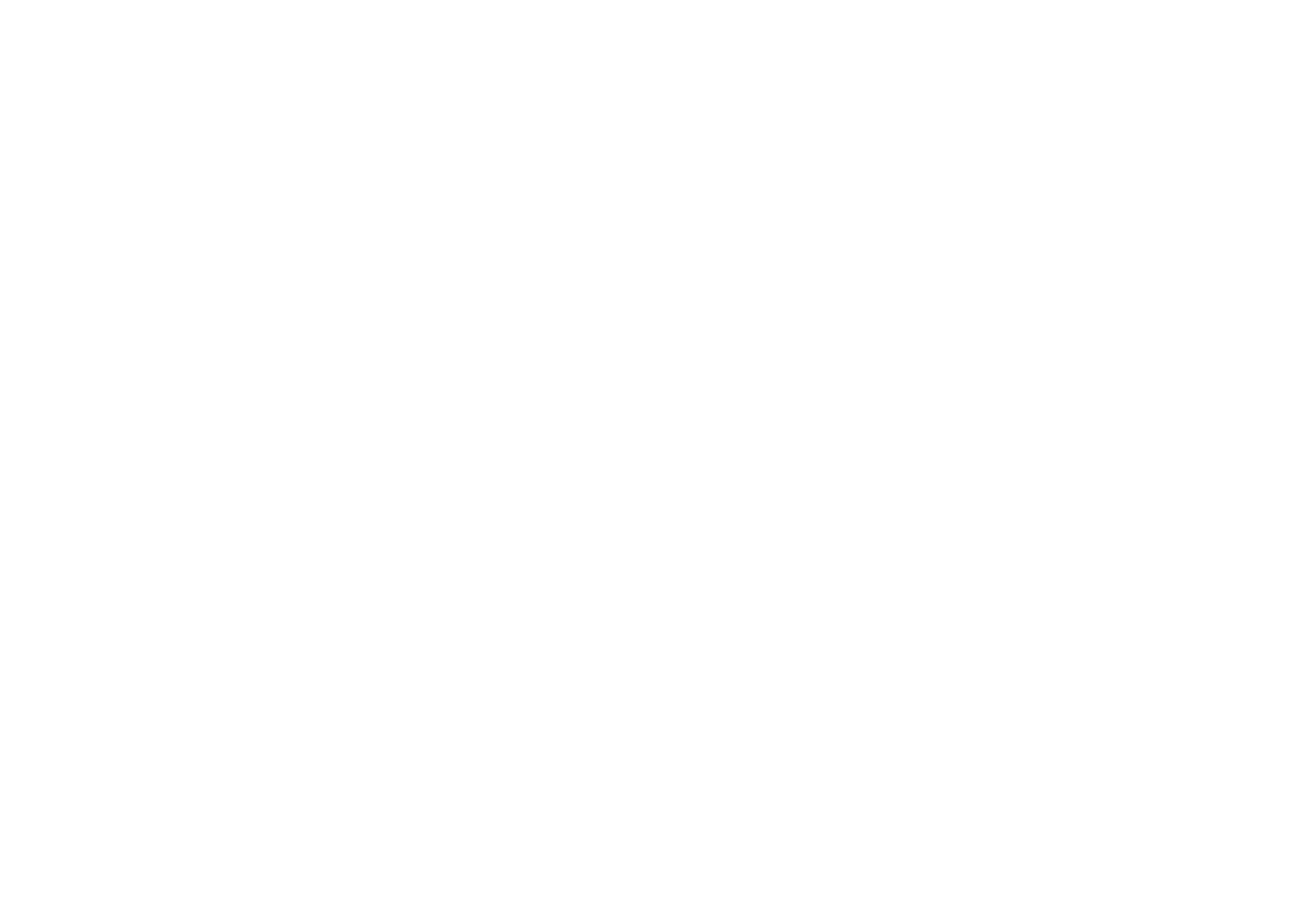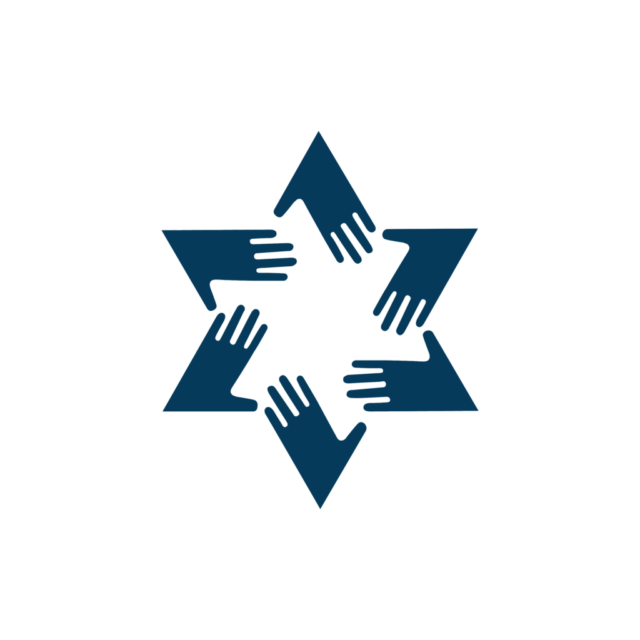By Rabbi Joel Mosbacher
“Hello to the Mosbacher family.”
That’s how the note from Lisa began. I’ll read you exactly what she wrote; I hope to make it all the way through without losing it.
“It took a hard pill to swallow accepting, and to write the courage of this letter,” she wrote.
“First I would like to thank you all for following the wishes and for you making the decision to be an organ donor, thank you.
“Donors rock, and are always acknowledged, as well as the donor family. Thank you, and may the most high continue to strengthen and bless you all.
“I am grateful and thank you all for reading my donor letter and agreeing to meet me at my church some years ago.
“I’m still a member there, and I still sing in the choir as well as my faith is still strong, but I am weakened.
“On August 7th, 2019, I will be going into surgery for the removal of your loved one’s right kidney.
“We were a team working together.
“Your husband, father, grandpa, friend, neighbor was a strong warrior, living two lives at one time is unbelievable.
“Miracles, yes they happen.
“I am so sorry that his kidney, after an extra 20 years, is deteriorating and the doctors need to remove it.
“I took care of your loved one as long as God allowed me the time.
“I just wanted to write to give you all the latest news because I felt you all deserve to know.
“You pray for me, and I pray for you.
“Thank you. God’s child, Lisa.”
It’s been a while since a note took my breath away. And a long time since a note left me unsure about how to feel.
You see when my father died 20 years ago, a victim of gun violence, as it happens, we decided to donate his viable organs to those who might be able to use them. We were later told that his kidneys and some other tissues were donated, which was very meaningful to us.
Twelve years later, we received a letter from a woman named Lisa; it had been passed on to us through the Illinois Organ Donor network called “Gift of Life.” One of the recipients of my father’s kidneys wanted to reach out to the donor family to see if we wanted to meet. With some trepidation, and with both heavy and hopeful hearts, my mom and I decided that we would meet her. We exchanged contact information, and the following summer, when we were in Chicago, my mom, my uncle, Elyssa, Ari, and I met Lisa at her church on the west side of Chicago. There, she told us about her life and her kids, her illness, and how my dad’s kidney had given her a new lease on life. We told her about my dad, about what he loved to do, about how he lived and how he died. We took pictures, we laughed a lot and cried a little, too. That was eight years ago. And then, a few weeks ago, Lisa sent me the note that after 20 years – a good long run for a transplanted kidney – that doctors would need to remove it.
Would you be willing to be an organ donor?
When asked this question at the department of motor vehicles, for every five people who say yes to this question, ten say no. According to surveys, the yeses all have similar reasoning. “I’ll be dead,” one person said. “If anyone can make use of my body, so be it.” “People are so fired up about recycling plastic bottles,” another person said. “Why wouldn’t I donate my organs to someone who could use them?”
The nos are more complex. One woman in the survey had been reading a book about people stealing the livers of pregnant women. She just had a creepy feeling about doctors that day.
Others said they thought that donation might be a good idea when the time came, but that they wanted their spouses to make the decision.
A 22-year-old woman felt too young to think about death. A 50-year-old man figured his organs wouldn’t be any good by the time he died. Another said he didn’t want his family to have to pay for the donation.
Still, another said he feared that if a loved one signed a donor card, doctors might be more hesitant to utilize extraordinary measures to save her life.
In the Jewish community in the United States, surveys indicate that almost 60% of respondents indicate that they had been taught that Jewish law prohibits organ donation.
Many are the concerns that people have regarding organ donation. Still, more are the misconceptions people maintain about the process. Tonight, my goal is to help allay those concerns and implore you to become a donor.
From where does the confusion in the Jewish community stem? First, throughout the history and literature of our people, there is a powerful stream of belief in the resurrection of the dead. This belief holds that in some future day, a Messiah will rise from the house of David, and as a part of that “end of days,” all righteous Jews who ever lived will be resurrected. We will hold off discussion of that belief for another time. But a discussion of organ donation needs to realize that this belief is long-standing in the tradition of Judaism because I think it continues to influence even Jews who no longer hold fast to that idea.
With that belief in mind, many Jews mistakenly think that Judaism prohibits organ donation because the argument goes, we must be buried with all of our organs in anticipation of that “end of days.” That theology, valid or not, does not preclude organ donation. As my Rabbi, Leo Wolkow once said crassly, “if God can bring me back from the dead, surely God can make me a new liver or kidney.”
Another major concern in Jewish tradition with regards to death is that the body itself be treated with dignity. The group of Jews who traditionally take care of the body of our loved ones from death until burial is called a Chevra Kaddisha – literally “a holy society.” Its work is the holiest work I can imagine. Such a group also helps in the work and support of a family at the time of a death. They can help with shiva arrangements, provide food, childcare, and other needs of the family. But the core mitzvah of the Chevra Kaddisha is to ensure that the body itself is treated with dignity. The Chevra Kaddisha traditionally stays with the body from death until burial, washes the body carefully, dresses it in a simple covering, and places it in the casket. As you see, Judaism takes the care and dignity of the dead extremely seriously – such care is literally holy work.
But here is where two Jewish values come into conflict. On the one hand, Judaism holds the sanctity of the human body, created b’tzelem Elohim, in God’s image, in the highest regard, implying that we should not “tamper” with God’s creation.
On the other hand, Judaism also holds the saving of human life in the highest ethical value. Again and again, the teachers of our tradition make exceptions to seemingly airtight and nearly unbreakable Jewish laws by making a case for pikuach nefesh – the saving of a life. One must break the Sabbath in order to save a life. One must eat on Yom Kippur if one’s life would otherwise be at risk. In this case, to quote the traditional position, organ donation can be a literal fulfillment of the command, “you shall not stand idly by while your neighbor bleeds.” (Leviticus 19:16) For the sake of pikuach nefesh, when a life can be saved, it must be saved.
Israel’s Chief Rabbinate and most other Orthodox authorities unambiguously hold that organ donation is permissible. And the Reform movement, of which this synagogue is a part, has long accepted and encouraged organ donations.
Yet there are other concerns surrounding organ donation that confuse families at moments when they are asked to make this powerful decision. There is a fear that the family will be asked to pay for donating the organs. In fact, there is no cost to the family involved. Others are concerned that there is a conflict between saving life and recovering organs. But in fact, donation can be considered only after every measure has been taken to save a patient’s life, and death has been declared. The doctors who work to save lives are entirely different and separate from the medical teams involved in recovering organs and tissue. Regarding age, whether individuals can donate organs and tissue depends on their physical condition, not their age. There is no age limit on donation.
For me, my rabbi on the issue of organ donation has become Lisa. Although my parents had actually never discussed the question of whether they’d want to donate their organs, we decided to donate his. And I’m so glad we made that sacred decision at the end of the worst day of our lives.
We also were informed that my father’s other kidney was given to a 53-year-old man, and his liver was given to a 49-year-old man suffering from hepatitis. When we received all this information, my family felt conflicted. On the one hand, we knew that nothing would bring my dad back to us. But knowing that something of him was living on – had, in fact, given three other people new life – was comforting indeed.
Standing in line at the Department of Motor Vehicles, the furthest thing from our minds may very well be thoughts of our own death. No, we’re busy with getting through the line, making sure our hair looks all right for the picture, reading the fine print on all the walls. When we’ve been asked to become an organ donor, having stood in that line for half an hour or more, the concerns I’ve mentioned may come to our minds – we read something somewhere, or, we heard something somewhere, or, didn’t the rabbi say something. Those instants of doubt may have prevented us from agreeing to have that little note put on our driver’s licenses. Tonight, on this Shabbat, let us give our decision another moment of consideration.
May it be many, many long years before any of us need actually to deal with the questions I’ve raised this evening. But I speak from personal experience when I implore you to give thought and consideration to the subject now. Decide for yourself now about what you would want. Tell your spouse or loved ones your desires. Then, you can set it aside and let the donor card gather decades of dust.
Next week when my family visits Chicago, I will visit Lisa as she recovers from surgery. Our lives are forever intertwined. Out of the most unimaginable sadness came the gift of new life. I invite you to give that gift, too.

